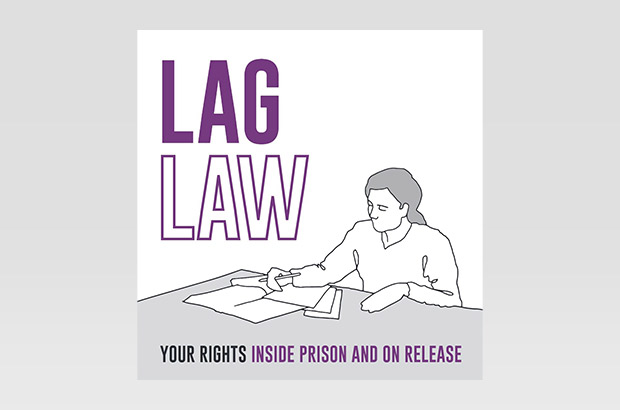Before prison: The criminal court process
Your trial
What is a trial?
A trial is the key part of your court case where a judge or a jury decides if the evidence against you proves, beyond reasonable doubt, that you committed the crime you’re accused of. A trial is also called a “defended hearing”.
You’ll only have a trial if you’ve pleaded not guilty to the charge against you – that is, if you deny the charge. If you plead guilty, the next stage of your case will be the judge’s sentencing decision.
Can I represent myself at my trial?
Yes, you have the right to represent yourself in court. However, running a trial on your own is very difficult. You need to be confident in your ability to prepare and manage your case through the whole court process. The Ministry of Justice has various brochures to assist you.
If you qualify for legal aid or can afford to pay for a lawyer, it’s a very good idea to get a lawyer to represent you.
Duty lawyers can’t be your lawyer at your trial – they’re usually only available to represent you on your first day in court if you don’t have your own lawyer.
For more information, see “Lawyers and legal aid”
What happens in a trial?
You’ll need to talk to your lawyer about exactly what will happen in your trial, but basically the police (or the Crown Law Office if the charges are more serious) will try to provide enough evidence to prove that you did what they’ve charged with you. Each side can bring witnesses to the trial, and witnesses can be questioned by each side.
Do I have to talk at my trial?
You don’t have to give evidence and get cross-examined (questioned by the prosecution or police) if you don’t want to. You have the right to be silent.
The decision whether or not to give evidence is an important one that you’ll need to discuss carefully with your lawyer.
Am I allowed to talk during my trial?
Apart from when you’re asked to speak, you usually need to be silent during the trial. If you don’t understand what’s going on at any point, quietly ask your lawyer to explain.
It’s important that you don’t talk to witnesses or to jury members before or during the trial – this includes during meal breaks or after the courts have closed for the day.
Make sure you follow any warnings the judge gives you during the trial. Swearing or abusing the judge can result in a new and separate charge for “contempt of court”.
How will I find out the result of my trial (the verdict)?
Criminal procedure Act 2011, s 106
The verdict (either guilty or not guilty) will be read out in court at the end of the trial. This means that you and everyone else in the courtroom will find out the verdict at the same time. It will be read out by the jury foreperson if it’s a jury trial, or by the judge if it’s a judge-alone trial (“a trial without a jury”).
If you’re found guilty, a date will be set for a sentencing hearing, where the judge will decide what your sentence will be.

